Open Justice 2/2
Salle / Hall : FIE - Salle du Théâtre
Horaire / Schedule : 16h40 - 18h00
Président de séance : Pablo Oscar Gallegos Fedriani (Professor de Direito Administrativo da Universidade de Buenos Aires e Juiz na Câmara Federal de Apelações no Contencioso Administrativo da Argentina)
Langue / Language : Français/Português
Intervention 1. Democratic case management
Daniel Carnio Costa - Magistrat et Maitre de conférences à l’Ecole de la magistrature de São Paulo (Brésil)
Part 1 - Transparency and the Judicial Business Reorganization / Title 1 - The concept and goals of the judicial restructuring for companies / Title 2 - The negotiation: need of transparency as a condition sine quad non for the efficient result / Part 2 - Building the concept of the democratic case management / Title 1 - Justice as a Public Service / Chapter 1 - The need of efficiency / Chapter 2 - The access to Justice and Efficiency / § 1 - The traditional managing of simple cases / A - simple litigation / B - complex litigation / § 2 - The Democratic Case Management / A - Definition / B - Principles
Intervention 2. Le juge fiscal à l’aune de la démocratisation de la justice : comment faire face au recul du droit au procès des contribuables ?
Zo Arlène Rasamoelina - Conseillère d'État (Madagascar)
Les conceptions traditionnelles de la justice fiscale s’avèrent inefficaces pour établir un équilibre entre la liberté et les droits des contribuables et la nécessité de préserver les prérogatives de puissance publique de l’administration. Le juge fiscal malgache n’arrive pas encore à apporter des réponses aux enjeux de la légitimité fiscale et la légitimité de la justice. Cela résulte principalement de la multiplication des pouvoirs discrétionnaires de l’administration ainsi que de l’autolimitation des juges eux-mêmes. L’accès à la justice se trouve dès lors très limité, ce qui entrave les droits des contribuables et l’effectivité de la gouvernance. Cet article a pour objectif de démontrer que la mise en place d’une justice fiscale ouverte passe nécessairement par la consolidation et l’élargissement de l’office du juge fiscal. La démocratisation de la justice tient au juge.
Intervention 3. L'intervention du juge étatique avant et durant un arbitrage commercial international
Basiri Negar - Doctorante, Université Paris 1 Panthéon-Sorbonne
L'intervention du juge en arbitrage, en tant qu'une étude comparative en droit français et droit iranien.
Intervention 4. The principle of technology and innovation for open government from the perspective of OGP (Open Government Partnership) and its relation to human rights.
Fabíola Costa Acacio Pellini - Mestranda em Propriedade Intelectual, Inovação e Desenvolvimento pelo Instituto Nacional da Propriedade Industrial - INPI (Brasil)
A government is recognized as open in its management reflect four principles: transparency, accountability, citizen participation, and technology and innovation. Thus, we analyze the latter, addressing the importance of new technologies for innovation and enabling access to them for the use of society. Access to technologies leads to the other three principles cyclically and inseparably. The OGP is committed from his statement made in September 2011, Human Rights, through the Universal Declaration.
Intervention 5. The lawyers’ right to privacy of the hiring fees
Angélica Arruda Alvim - Université catholique pontificale de São Paulo (Brésil)
Open justice can not suppress the fundamental rights of the professionals involved in the judicial process. Notwithstanding this assertive, the Administration of Justice, whether public, the lawyer's role is private. That is because the lawyer should preferably represent the citizens, however, in legal relations the state to be democratic and not authoritarian, in the event of a dispute, should also interact with citizens through a lawyer, prosecutor or member. From this, it is clear that the lawyer should be paid by the citizens and their right to fees integrates their private property sphere. Integrating private property of the attorney, information regarding his recruitment fees is protected by their respective fundamental right to privacy, so that there should be no disclosure obligation of the object, the values in the agreed manner and time.
Intervention 6. The information of the Judicial Precedent as instrument of judicial security of citizens
Eduardo Arruda Alvim - Université catholique pontificale de São Paulo (Brésil)
The social relationships stability is a necessary premise for the maintenance of the social peace. In last resort, who establishes the stability is the Judiciary through its decisions. In this context, the judicial precedent system represents an essential instrument for achieving consistency and predictability of judicial decisions and, as a result, inducing stability of social relationships. As an example of what recently happened in the Brazilian legal system, is the judicial precedents system that came to be extremely strengthened and modernized with the advent of the new Civil Procedure Code of 2015. From this perspective, the greater the access to the judicial precedents, the higher the level of stability of social relationships, to the extent that the population generates a mindset aligned to the predictability of legal situations and the consequences that may arise from the filing of lawsuits. That way, the existence of an open and fully computerized Justice to ensure the wide only restricted access to the digital inclusion condition is critical.



